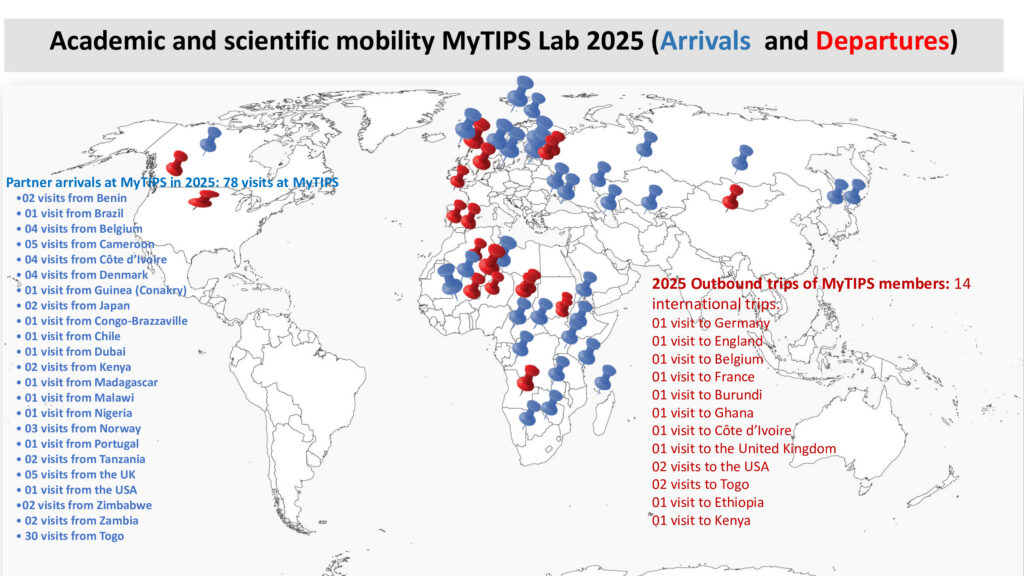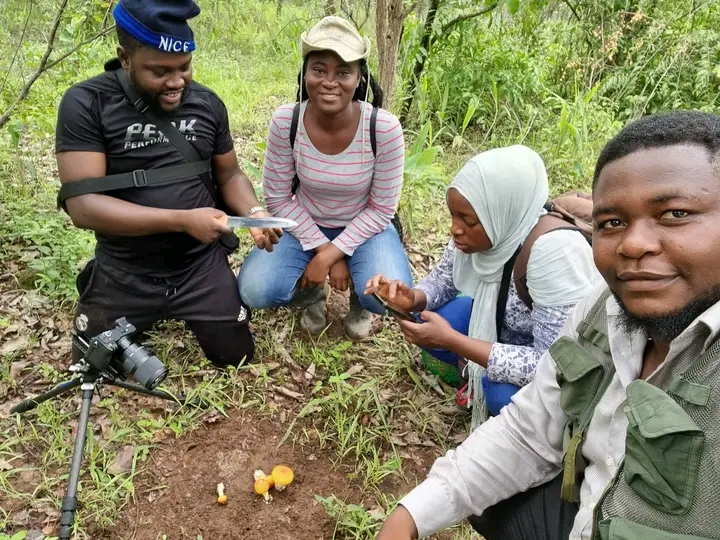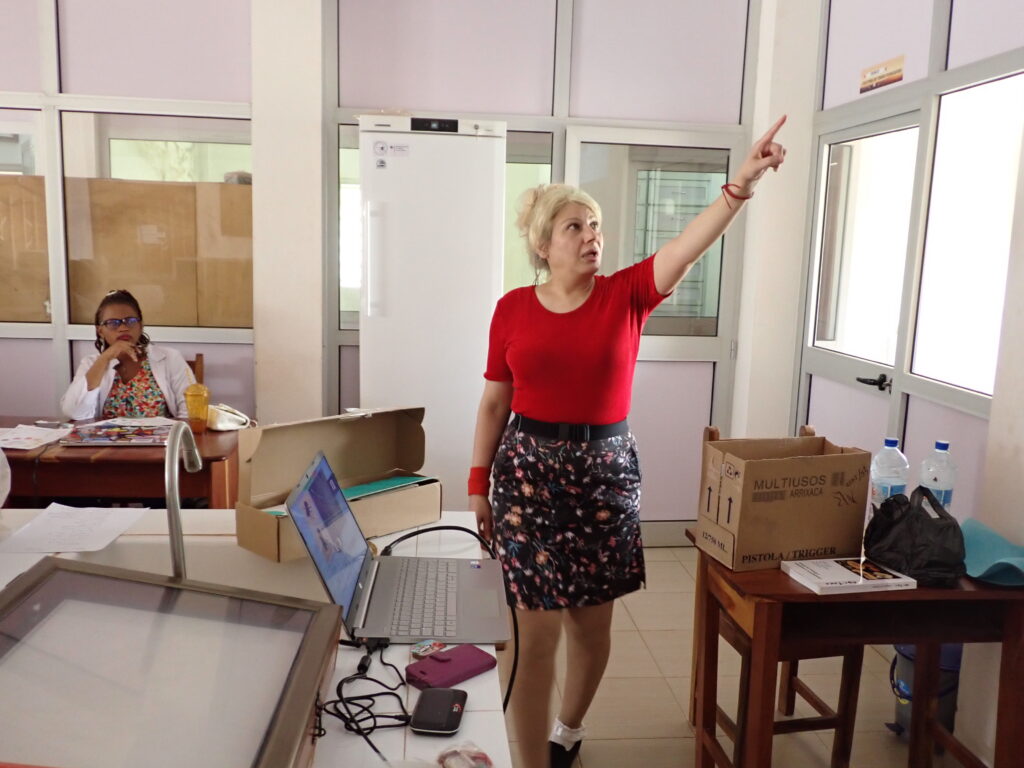Academic and Scientific Mobility in 2025: Strengthening International Collaboration for Fungal Conservation at MyTIPS Lab.
In 2025, MyTIPS Lab demonstrated strong academic and scientific dynamism through extensive inbound and outbound mobility. A total of 78 partner arrivals strengthened collaboration, knowledge exchange, and joint research activities focused on fungal diversity, taxonomy, and conservation strategies. In parallel, MyTIPS members undertook 14 international outbound trips across Europe, Africa, and North America, fostering partnerships on sustainable use, monitoring, and preservation of fungal resources. These mobilities enhanced capacity building, technology transfer, and the harmonization of conservation approaches. Overall, academic mobility in 2025 significantly contributed to advancing fungal conservation efforts, reinforcing MyTIPS’ leadership in mycology and biodiversity conservation at regional and global levels









